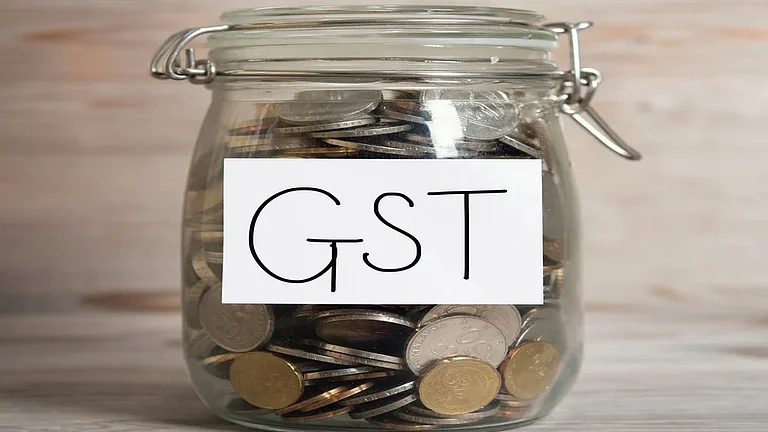
GST Council to discuss duty inversion, input tax credit, and rate cuts.
Inverted duty structure complicates passing GST benefits to end consumers.
GoM backs GST exemption on life and health insurance policies.
States demand insurers transfer GST savings directly to policyholders.
The Goods and Services Tax (GST) Council is set to meet tomorrow amid pressure from industry and states regarding concerns over duty inversion and input tax credit. These concerns need to be completely addressed for the benefit of rate rationalization to pass through to consumers.
According to sources, quoted by Business Today, “It has to be seen how the inverted duty structure is addressed with the rate cuts. For several items, where the rate might be reduced to 5% or exempt, it has to be seen how the input services are treated because most input services are taxed at 18%.”
What are the Concerns?
Tax rate cuts would lead to an inverted duty structure, where the tax on input services is higher than that on finished products. In addition to that, input tax credit is not available for the GST slab of 5%. This makes it difficult for manufacturers to pass on the proposed GST rate cuts to the end consumers.
The insurance sector has already flagged this issue, where they had put forth a proposal exempting life and health insurance policies for individuals from GST. Other sectors have also raised concerns as duty cuts from pharma and medical devices to FMCG products, could also be similarly impacted.
Sources said these concerns have been flagged by industry as well as states to the Union Finance Ministry and it is expected that there would be more clarity on these issues when officers of the finance ministry and states meet to discuss the proposals for rate rationalisation by the Centre.
Why is the GST Council Meeting?
The GST Council will meet on September 3 and 4 mainly to take up the Centre’s proposals to rationalise rates under GST with two main rates of 5% and 18% along with a higher rate of 40% on sin and luxury goods.
The Central government has however underlined that the structural reforms under GST 2.0 would work on correcting the inverted duty structure to align “input and output tax rate so that there is a reduction in the accumulation of input tax credit”.
GST Exemptions on Health & Life Insurance
Speaking to CNBC-TV18, sources aware of the matter said that the Members of the Group of Ministers (GoM) on health and life insurance have reached an in-principle agreement stating that the GST burden on life and health insurance must be reduced. The proposal will be tabled in the form of the report of the GoM at the upcoming GST Council meeting, they mentioned.
As per these sources, the GoM has broadly backed the Centre’s proposal to exempt all individual life insurance and health insurance policies from GST. However, many states like Karnataka, West Bengal, Kerala, Punjab, and Tamil Nadu, have underlined that the exemption would only serve its intended purpose if insurers pass on the benefit directly to policyholders.
“Some states have raised concerns that insurance companies should not end up making windfall gains by retaining the tax benefit while policyholders continue to pay unchanged premiums. This issue has troubled states as the insurance regulator, IRDAI, has not expressly addressed it,” they said.
The members of the GOM have additionally emphasised that the primary beneficiaries of any GST exemption must be policyholders and not insurance companies. They also reiterated on how to ensure that the benefit of a complete exemption is effectively passed on to customers.































